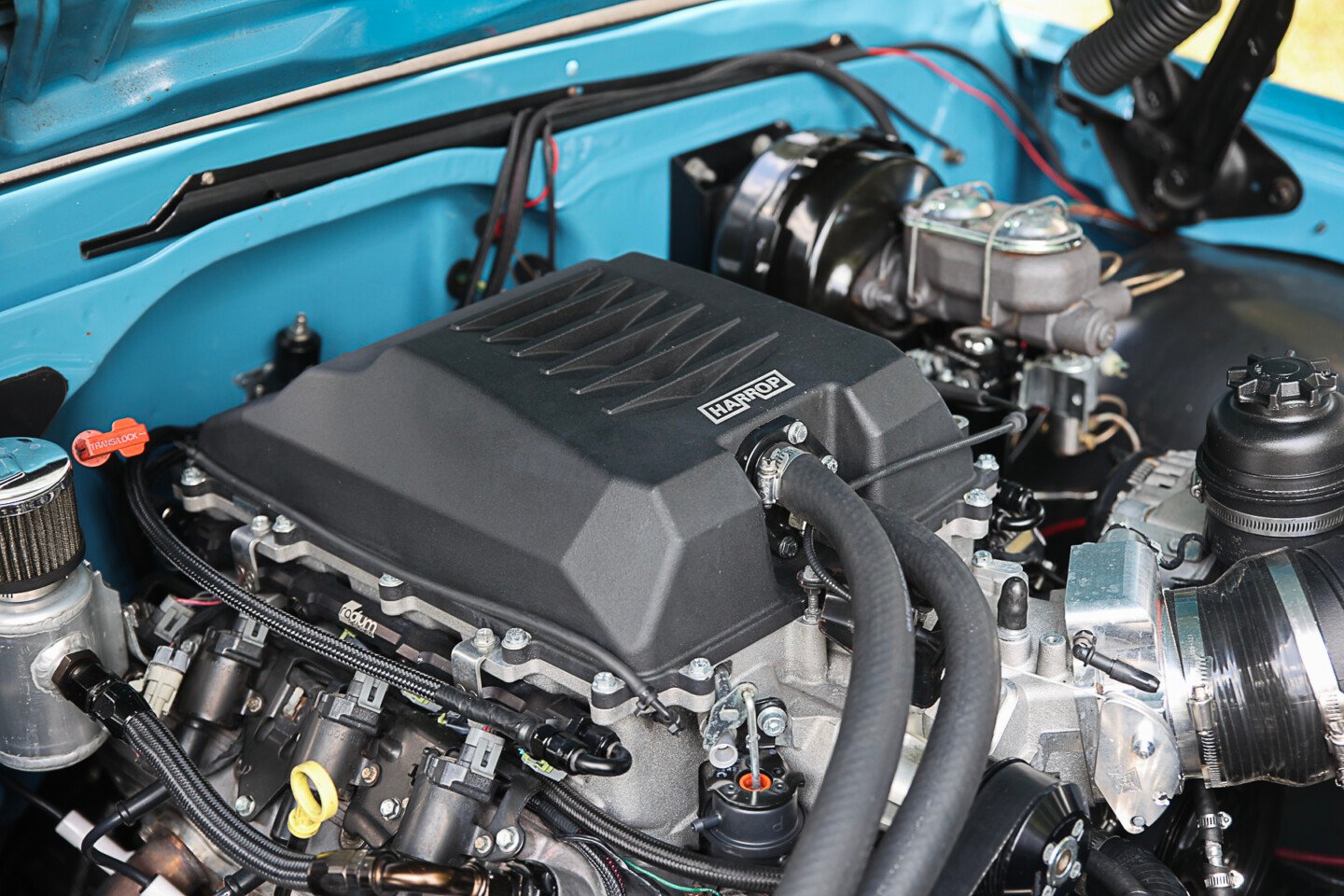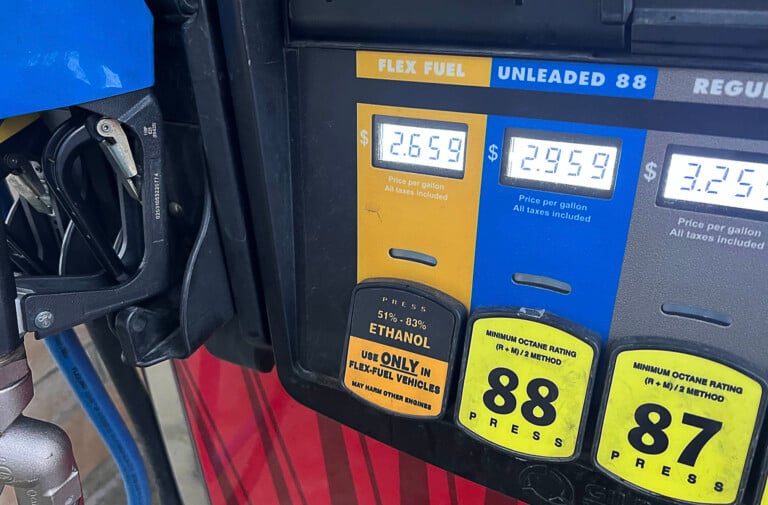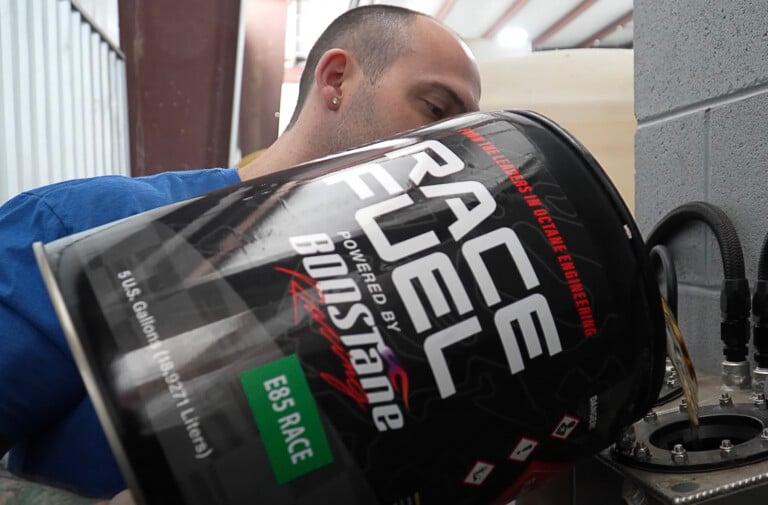E85 has become a popular fuel for high-performance applications, especially those who use a forced induction combination. There are numerous advantages to running E85, but you also need to keep in mind that the fuel can be hard on your engine’s oil. We talked with Driven Racing Oil to learn why it’s important to use an engine oil that is engineered to work with E85 applications.
There are some big performance advantages to running E85. The fuel is more affordable than traditional race gas, it has an octane rating of 100 to 105, and it produces lower inlet air temperatures as the air enters the cylinder. You can even find it at many pumps across the United States. It’s also available in designer blends that have special additives.
It doesn’t matter if you’re running E85 from the pump, or an exotic 85 made for racing, the oil you select needs to have the right stuff inside to keep your engine safe.
What E85 Can Do To Engine Oil
E85 is an alcohol-based fuel that’s harder on engine oil because it will dilute the oil and can cause corrosion inside the engine.
Alex So from Driven Racing Oil explains how alcohol-based fuels like E85 can dilute your engine oil.
“Alcohol-based fuels dilute oil because of the increased fuel volume required versus gasoline. The viscosity of the oil will decrease once the oil is diluted which compromises the wear protection of the oil. Special consideration for engine oil selection is critical when using E-85, as fuel dilution can wash down cylinder walls, affecting the ring seal. This can cause a power reduction and increased wear. Engine oils that have a more polar base oil do a better job of attaching to the cylinder walls and resisting washout. Keep in mind, fuel dilution can be significantly increased when running boost with E85.”

It doesn’t matter what type of engine or power adder you’re using, a high-quality oil will go a long with when running E85 as your fuel of choice.
Engines that run on E85 require a lot more fuel than ones that run on regular gasoline. When you’re running E85 you’re introducing more fuel into the engine. A boosted E85 application is going to require even more fuel since you’re adding a larger volume of air.
All of that additional fuel is going to lead to an oil dilution issue. Lake Speed, Jr. explains why E85 will dilute your engine’s oil and the problems it will cause.
“When, you have a higher level of fuel dilution, you will have a higher level of wear primarily because…
Click Here to Read the Full Original Article at DragzineDragzine…


